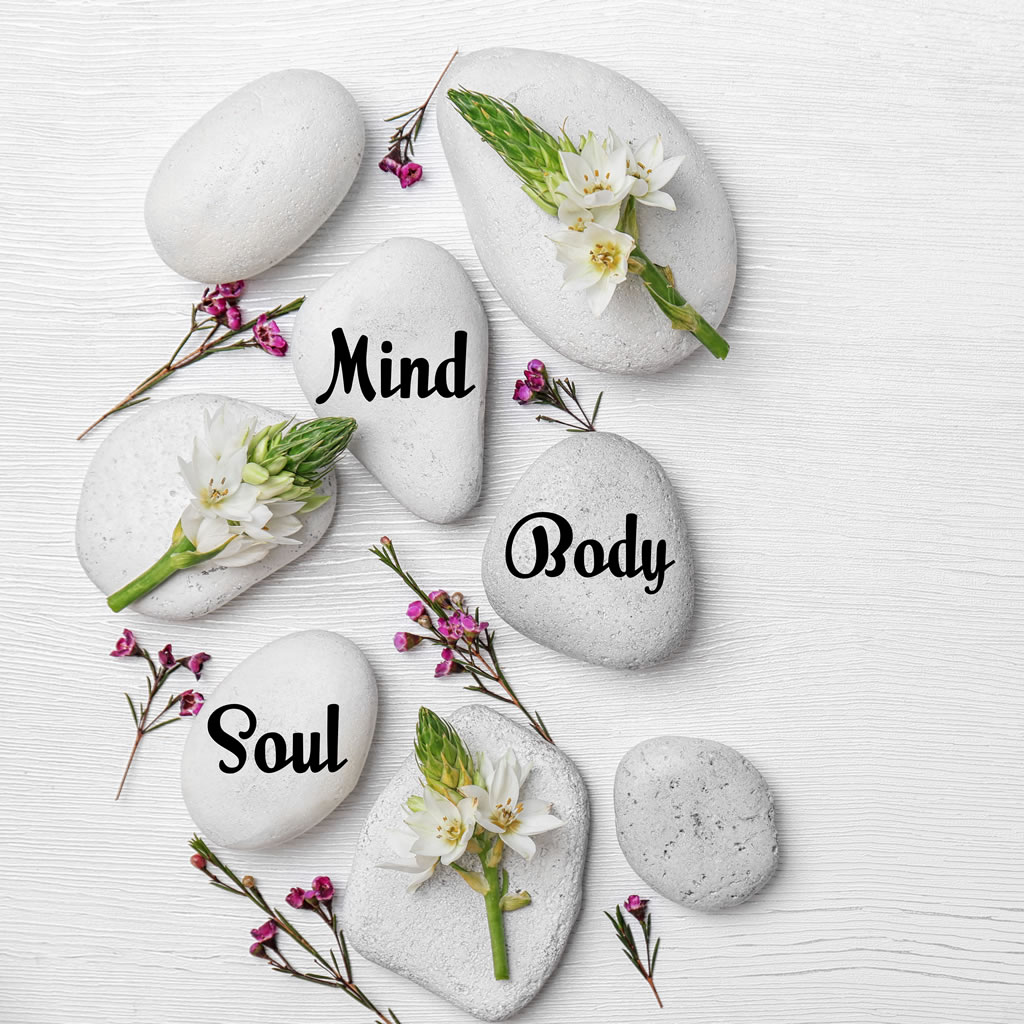The term “holistic health” is a popular buzz word these days. Although, it can be confusing to nail down a precise definition of exactly what this concept means. You might feel a little confused and that is totally normal, because, the term holistic health is general and broad and there is currently not any official definition or practice standards of exactly what “holistic health” means. Currently, each individual practitioner can create their own interpretation of the word holistic. In some cases, a practitioner might have very little knowledge or understanding about holistic health and simply use it as a marketing tool to attract new business. Often, the practitioner advertising holistic services is very well informed but perhaps their interpretation is not in line with what you are looking for, or your needs.
As a consumer, it is important to arm yourself with knowledge. To help you have a better idea of what to look for when searching for a holistic health provider we have put together a few tips of what to look for!
1. We are all connected. The term “holistic” stems from the idea of being a “whole” person. That means, all aspects of a person are connected. The popular “mind, body, spirit” slogan portrays this thinking. However, holistic health goes beyond these keywords. To be an informed health consumer it is important to determine if the practitioner really understands how mental thoughts are connected to the rest of the body and how they ALL connect to create the spiritual aspect.
A few questions to ask a potential healthcare provider: How do they view the connection between mind, body and spirit as part of their treatment approach? What do they consider as the primary and most important part of their approach? What resources for other types of care do they recommend to help support you if all or part of their treatment is not effective?
2. More than meets the eye. The surface of any complex problem (and what health problem isn’t complex?) is only a small part of the picture. When we are in pain, suffering, or struggling with a problem, the immediate symptoms may only be a small piece of the puzzle. Imagine a picture of an iceberg, only a small tip of the actual iceberg is seen above the surface, the majority is below the surface of the water. Symptoms are similar, pain, fatigue, headaches, depression, or nausea for example, are readily noticeable and bothersome problems. However, they may only be one small piece and can be a signal from the body/mind/psyche to let you know there is something more to pay attention to. In holistic health, symptoms are only clues, not actual “disorders”. Questions to ask: How do you view symptoms? Is your treatment goal to treat the symptoms or find the underlying root of the issue?

3. Play well with others. Your practitioner should be willing work as a team with your other healthcare providers, both holistic and traditional. When receiving care from a holistically minded practitioner they are working with a whole system and should have a team of other providers to consult with and refer to if you need additional support. For example, Sherri was seeing a massage therapist to help alleviate muscle pain and stiffness. The massage therapist noticed several muscle patterns of twisting that were creating issues. After a few weeks the patterns were getting better after the treatment but would revert back to the same pattern after a week or so until the next treatment. The massage therapist recommended that Sherri see a physical therapist to address, what she suspected, was an underlying misalignment of the bone structure. If the bones are out of alignment the muscles will try to fit back to the alignment of the bone. Sherri began receiving treatment from the Physical Therapist and continued working with the massage therapist to correct the issue. After a few months there was significant improvement noticed by a reduction in pain and stiffness, Sherri was also able to benefit from a more permanent improvement and reduced treatments. There are hundreds of examples that I could list about possible referrals. Be aware that your provider should be knowledgeable enough to guide you when your treatment is getting stagnated or stuck.
Questions to ask: What kind of referrals do you make? Will you work together with other treatment providers?
4. Integrative Care. Any provider you see should always support your decisions and goals, especially a decision to continue with traditional western medical treatments. The combination of traditional western medicine and holistic medicine is called Integrative Health because it brings together two or more types of treatment approaches in a way that supports and enhances each approach.
Questions to ask: Will you work together with my doctor if I sign a release form? How will this treatment help my current condition and treatments that I am already receiving?
With any kind of medical care you seek, always be sure to empower yourself with information, demand to have your questions answered, and always trust yourself to do what is right for you. No one and no medical issue is the same and there is not one cookie cutter approach that is going to work in every situation. That is why you must make sure you feel comfortable with anyone you receive care from.
By: Hillary Straus, MA, LMHC
Executive Director of the Maitland Wellness Center
Specializing in Integrative & Holistic Mental Health
Photo Credit: By AWeith (Own work) [CC BY-SA 4.0 (http://creativecommons.org/licenses/by-sa/4.0)], via Wikimedia Commons

